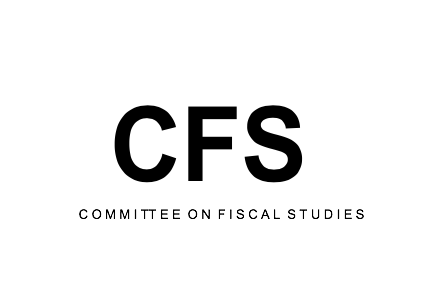DEBT, ACCESS TO INFORMATION AND ILLICIT FINANCIAL FLOWS: AN ANALYSIS BASED ON THE MOZAMBIQUE HIDDEN LOANS CASE
Abstract
The debt crisis in Africa is threatening the continent's ability to finance sustainable development. As of 2018, many African countries were in a debt distress. One such country was Mozambique, where state-owned enterprises had been used to secretly take out loans which led to a financial and development crisis for the citizens. The ‘hidden loans’ case, where citizens sought to challenge the validity of these loans, has brought to light the connection between debts taken out by state-owned enterprises - whose fiscal portfolio is not being captured in national budgets - with the lack of access to financial information in many African countries, a situation with the potential to facilitate illicit financial flows (IFFs) through state-owned enterprises. Against this background, this case study analysis seeks to examine the issues arising from the Mozambique hidden loans case by viewing them in the context of debt, access to information and IFFs. This brief analysis seeks to demonstrate that there is a need for data around state-owned enterprise borrowings to be made publicly available to prevent the use of these entities as vehicles for the facilitation of IFFs. The analysis will proceed by setting out a brief summary of the case in the background section. The next section will then delve into issues around borrowing by state-owned enterprises, access to financial information and IFFs. A famous Liberian proverb states that one should not measure the timbers for their house in the forest. This analysis adopts an approach inspired by this proverb - taking out different aspects of the case in order to examine them and build a general standpoint.



